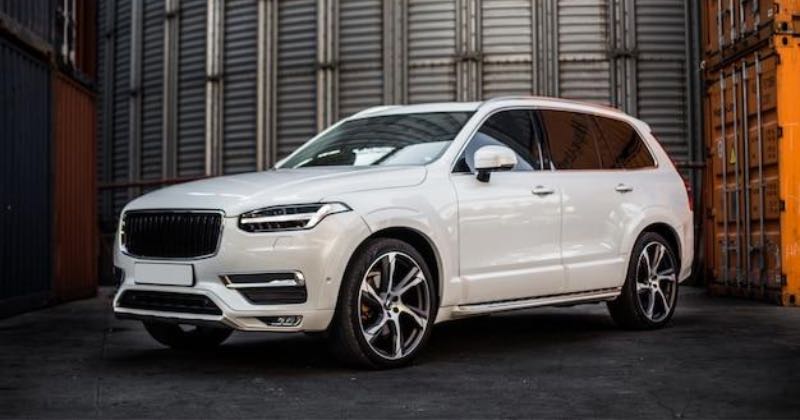Embarking on the journey of purchasing your inaugural car is an exhilarating milestone, providing you with the keys to independence and the freedom to explore at your leisure. Yet, with a plethora of choices in the automotive landscape, the task of selecting the perfect car can be daunting. This comprehensive guide is crafted to assist first-time buyers in navigating the intricacies of the car buying process and making well-informed decisions.
Understand Your Needs
Prior to delving into the search for your ideal car, it is imperative to delineate your needs. Factor in considerations such as budget, lifestyle, and transportation requirements. Are you seeking a nimble compact car for urban commuting, or does a capacious SUV better align with your family excursions? Clarifying your needs serves as a compass, steering you towards tailored options.
Establish a Budget
Setting a budget serves as a pivotal milestone in the car-buying expedition. Assess your financial standing and delineate a spending limit, factoring in elements like insurance, maintenance, and fuel costs. Allow room for unforeseen expenses to ensure a comprehensive financial plan.
Research Brands and Models
Armed with a clear understanding of your needs and a defined budget, commence research on diverse brands and models. Seek vehicles with commendable reliability ratings and positive customer reviews. Evaluate attributes such as fuel efficiency, safety features, and resale value. Engage in price and option comparisons to identify the optimal fit.
Evaluate New vs. Used
Make a thoughtful choice between purchasing a new or used car. New cars boast the latest features and warranties but come with a higher price tag. Used cars offer a more economical alternative, yet may incur higher maintenance costs. Align your decision with your budget and personal preferences.
Test Drive and Scrutinize
Before finalizing your decision, partake in a test drive and thorough inspection. Gauge the car’s handling, acceleration, and braking performance. Scrutinize for any signs of damage or mechanical issues. If you lack automotive expertise, consider enlisting a trusted mechanic for a comprehensive assessment.
Explore Financing Options
If cash payment isn’t viable, explore diverse financing options. Research loans from banks, credit unions, and dealerships. Compare interest rates, loan terms, and monthly payments. Ensure a comprehensive understanding of terms and conditions before committing to any agreement.
Negotiate the Price
Embrace the negotiation process, especially when acquiring a used car. Leverage market value insights to your advantage. Maintain a courteous yet assertive stance during negotiations. Contemplate pre-approval for a loan to fortify your bargaining position.
Contemplate Long-Term Costs
When acquiring a car, factor in the long-term costs. Delve into research on average maintenance and repair expenses for the specific make and model of interest. Weigh elements such as fuel efficiency and insurance rates, as these ongoing costs can significantly impact your financial plan.
Second Glance
If feasible, revisit the car for a second evaluation before finalizing your decision. Look for any concealed issues or concerns that may have eluded your initial inspection. Request the car’s maintenance records and scrutinize for major repairs or accidents.
Trust Your Instincts
Ultimately, trust your instincts. If any aspect of the car or the deal feels amiss, it is prudent to walk away. Purchasing a car is a substantial investment, and your choice should align with your convictions. Listen to your instincts and await the opportune moment to secure the right car.
In the realm of car acquisition, this guide stands as a steadfast companion, equipping first-time buyers with the knowledge and insights needed to traverse the path towards the perfect automobile. May your journey be as exciting and fulfilling as the miles you’ll soon embark upon.




